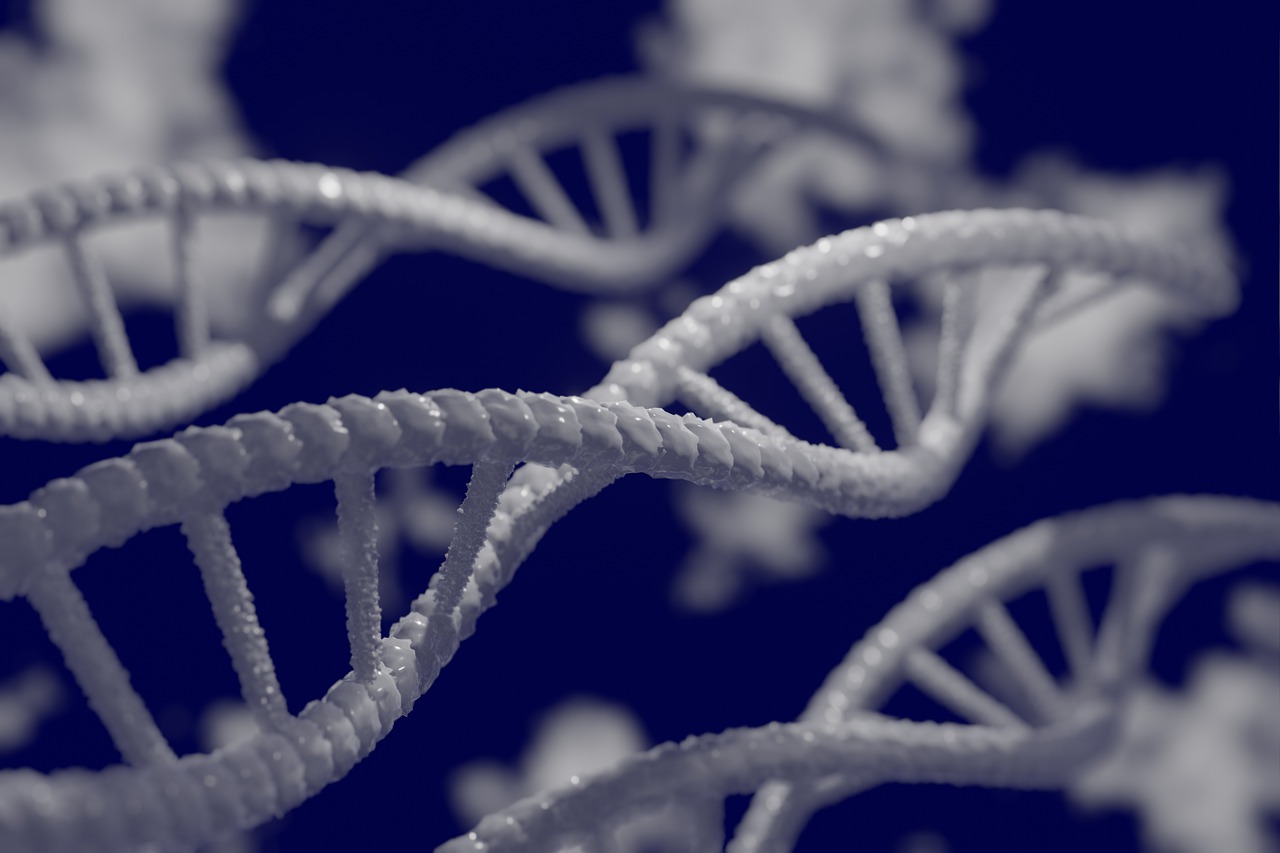Why we age – and why we don’t have to

When it comes to aging, people aren’t afraid of losing their lives. They’re afraid of losing their humanity. Most google-savvy diabetics know the statistic that diabetes takes a decade of your life away. For well-controlled diabetes, it is not a must, but the five-year mortality rate for a diabetic foot ulcer is higher than fifty percent. It beats a lot of cancers, and millions of people are right now living this nightmare. In the US alone 82 000 people amputate a limb every year. That’s ten people an hour. What if it didn’t have to be this way?
That’s the question asked by David Sinclair in Lifespan: Why we age – and why we don’t have to. He’s investigating the mechanisms for how we age and get more prone to develop diseases as we grow older. According to Sinclair, you can see aging in itself as a disease. When I picked up the book, I was sceptical, but he changed my mind. After all, why shouldn’t humans live longer and healthier lives? The information theory of aging states that our DNA is not our destiny, but it’s the epigenetic changes that cause aging. Epigenetics is affected by longevity pathways like mTOR, AMPK, and sirtuins. These determine how our genetic code is read and expressed in the body. In other words, the environment has as much, if not more, to say for how long you’ll be on this planet.
As we all know, smoking can steal years of our lives. How it works is interesting. Cigarette smoke contains a chemical called benzopyrene that binds to guanine in the DNA, induces double-strand breaks, and causes mutations. The repair process leads to epigenetic drift and metabolic changes where cancer cells thrive. It’s also one of the reasons why smokers age prematurely.
Even though his studies hold many clues, Sinclair is careful with giving out advice on how to live past a hundred. Cellular programming is the next frontier in aging research. For now, he recommends exercise, reducing stress, and eating fewer calories. Lowering calorie intake works to extend lifespan in everything, even yeast. In the blue zone Okinawa, where people live to a very high age, schoolchildren have two thirds fewer calories than in mainland Japan.
Sinclair himself also supplements his diet with vitamins D and K, as well as NMN (a NAD+-booster), resveratrol (the compound that made red wine healthy), and metformin (a diabetes medication that decreases glucose production by the liver and increases insulin sensitivity in the tissues). He has his biomarkers checked on a regular basis and adjusts his diet accordingly. Smart devices monitoring our vitals like blood glucose and heart rate are already happening, so this is the future. We’re moving on to a whole new field in diagnostics and preventive medicine. Hopefully, it will deliver on the promise to make us healthier and happier in our older days.